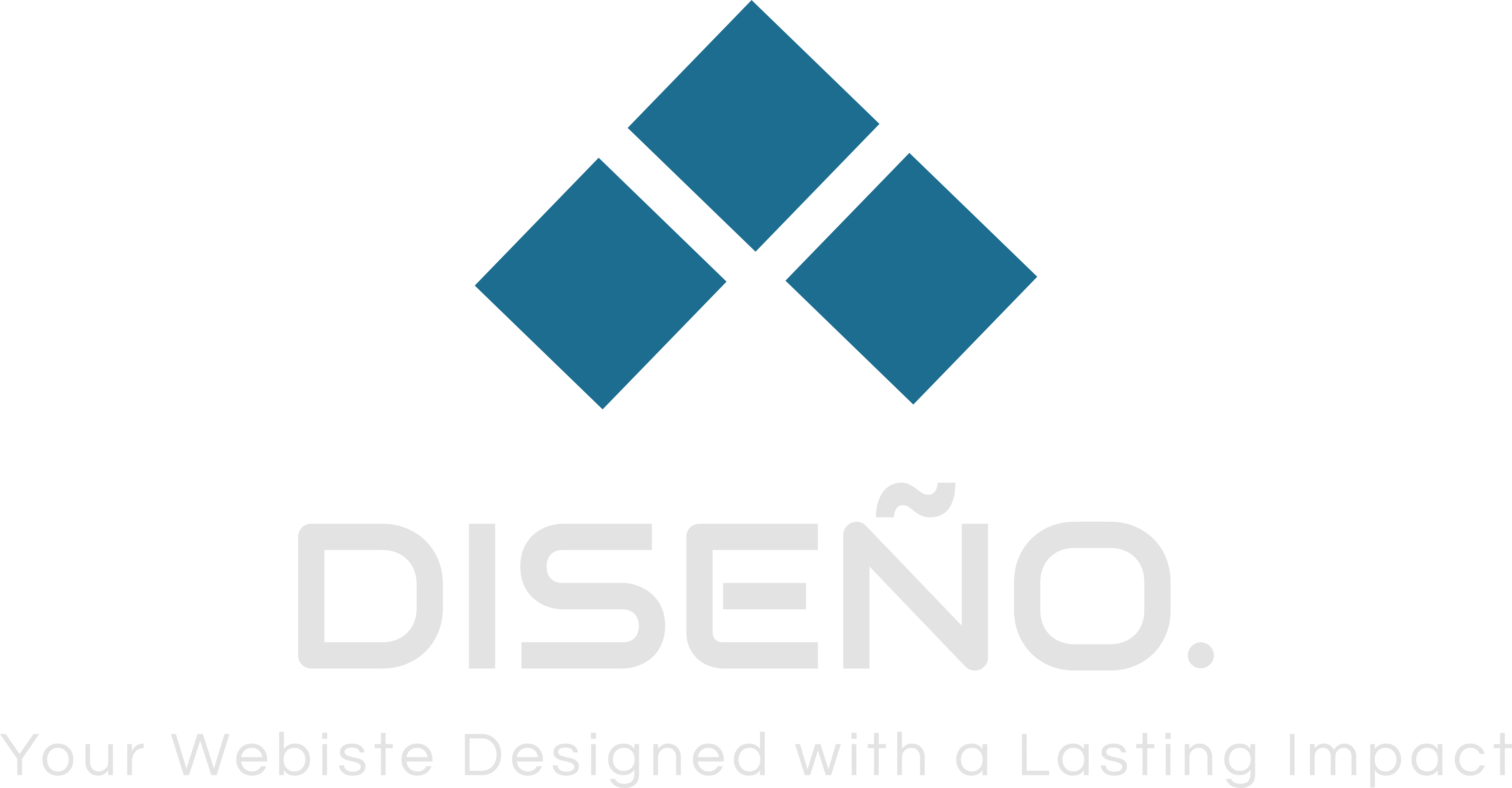Ways to Save Money on Your Website Project
- Jun 16, 2025
- 4 min read
In today's digital landscape, a website is essential for any business, large or small. However, building one can be expensive. Knowing how to save money on your website project is crucial, whether you're a startup or an established business looking for a revamp. This blog post will cover practical strategies to keep your costs down while ensuring your website remains functional, user-friendly, and appealing.
Budget-Friendly Web Design: Planning Your Project
The first step in saving money on your website project is planning. The more organized your planning process, the less likely you will encounter unexpected expenses. Start with a clear outline of your website’s goals and audience. Determine the features necessary for your website. Avoid falling into the trap of wanting every trend and gadget. Instead, stick to what works best for your audience.
For example, if you're a local bakery, a simple showcase of your offerings alongside a contact form may suffice. You can always scale up your website later as your business grows. By having a focused plan, you can allocate your budget wisely and avoid unnecessary expenses along the way.

Choosing the Right Platform
Once your project is planned, the next step is choosing the right platform. Numerous website builders and content management systems (CMS) can fit various budgets. Here are a few popular options:
WordPress: Highly customizable with a wide range of plugins and themes. It’s free but may require a paid hosting service.
Wix: Offers an intuitive drag-and-drop feature that’s user-friendly for beginners, with various pricing tiers based on the features you need.
Squarespace: Known for its stunning templates and great design elements for creatives, though it tends to be on the pricier side.
Evaluate the features each platform offers and compare them with your project requirements. Sometimes, opting for a platform that is less expensive or offers a free trial might save you significant costs while meeting your needs effectively.

DIY vs. Hiring Professionals
One critical decision in your website project's life cycle is whether to do it yourself (DIY) or hire professionals. If you have some technical skills, you might consider creating the website yourself. Several resources available online can guide you through the process, including video tutorials and blogs.
However, if you opt to hire professionals, you can save money by:
Looking for freelancers instead of agencies. Freelancers often have lower overhead costs and can provide personalized service.
Using fixed-price contracts. This option can offer more financial certainty, unlike hourly rates that can vary unexpectedly.
Shopping around for quotes. Don’t settle for the first option you find. Getting multiple estimates will help you understand the fair market rate.
Ultimately, consider your time versus the cost. It may be more financially prudent to hire someone to ensure the project meets quality standards, especially if you lack the necessary skills.
Leveraging Affordable Web Design Solutions
When searching for affordable web design solutions, look at ready-made templates or frameworks. Many platforms provide rich libraries of templates that can cater to various industries. A well-designed template can help you save on design costs while delivering a professional look.
Also, consider using open-source tools and plugins. Many high-quality plugins are free and can add significant functionality to your site without additional cost. For instance, WordPress's plugin directory offers thousands of options, from SEO optimization to e-commerce functionalities.
Another option is to use affordable web design services, which can deliver a pleasant blend of quality and cost-effectiveness. Many emerging designers offer reasonable rates while still delivering professional-grade work.

Prioritizing Essential Features
When budgeting for a website, it can be tempting to include every feature you come across. However, prioritizing essential features will help you save significantly. Focus on characteristics that directly benefit your goals, such as:
User-friendly navigation
Mobile responsiveness
SEO optimization
Contact forms that allow users to reach you easily
Avoid overcomplicating your website with unnecessary gimmicks. Each feature you add increases your complexity and, consequently, your costs. Building a simple, effective website can drive better results than a complex, cluttered one.
Reducing Ongoing Costs
After your website is live, ongoing costs can quickly add up. To save on these expenses, consider the following tips:
Choose budget-friendly hosting: Reliable hosting doesn't have to break the bank. Research affordable hosting providers that offer good performance and support.
DIY Updates & Maintenance: Educate yourself on how to perform simple updates and maintenance regularly. This ongoing care can save you money compared to hiring someone to handle small tasks.
Evaluate subscription services: Be mindful of any ongoing subscriptions for tools or services. Regularly assess whether you are using them to justify the cost.
Content Management: Instead of relying solely on professionals for content updates, learn how to manage your content using your CMS's built-in tools.
Being proactive about managing your website’s ongoing costs can keep your project budget-friendly in the long run.
Embracing the Future of Your Website Project
Saving money on your website project doesn’t mean compromising quality or effectiveness. By approaching your project carefully and strategically, you can achieve your goals affordably. Continuous learning and adapting will ensure that your website remains relevant and cost-effective.
Moreover, as your business evolves, be ready to revisit your website to adapt to new goals or technology. An initial budget-friendly approach can lay the groundwork for a robust online presence that grows with you.
In conclusion, it is both possible and practical to save money on your website project while ensuring you get a product that meets your needs. Whether it’s through smart planning, choosing the right platform, or learning to manage costs over time, each step you take brings you closer to an effective and budget-friendly solution.
Always remember that a well-executed website can drive significant returns for your business investment, and with thoughtful consideration, you can achieve a successful website within your budget.





Comments